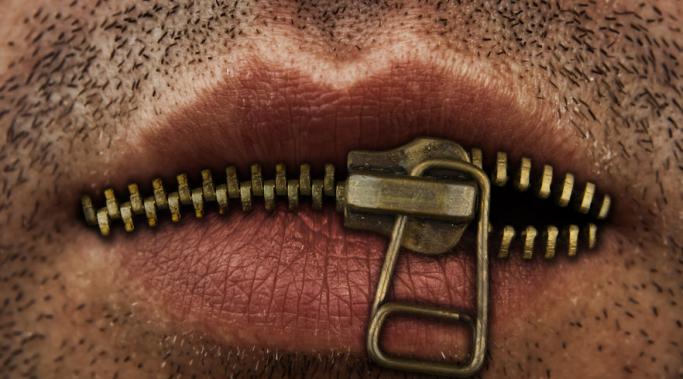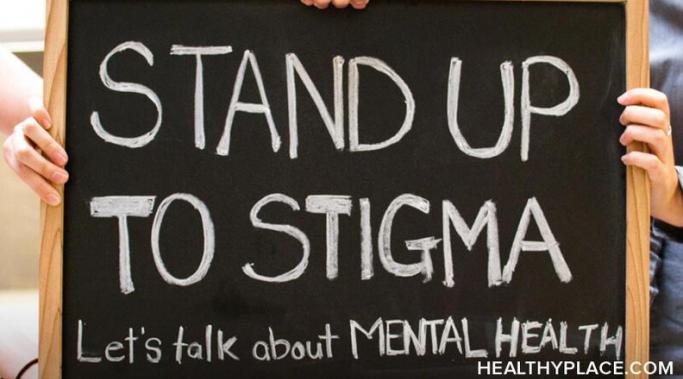We all know that being a youth can be a rewarding journey with growth and plenty to learn, however, it can also be a very difficult and confusing time. It can mean being a bully or being the brunt of bullying at school and it can also spell doom and gloom for many youth that feel they do not fit in due to having a mental illness. Through these difficult times, can you imagine also having to deal with a mental health condition, which brings on mental health stigma?
Stigma and Society's Perception of Mental Illness
There is so much pain in self-stigma, especially when it comes to our body image and looking in the mirror. We often hate ourselves because we have a mental illness, not realizing that we are not a terrible embodiment of our illness. We are simply people that have struggles and face unique challenges stemming from our mental illness. For example, being tired all the time, being overweight because of medication, and even being unable to work. We seem to give up on the belief that one day things will be better and fail to trust that others will understand us. I have learned that life has many surprises in store for us and, at times, we may just get to understand that we are not exactly what we see in the mirror.
Mental health stigma affects all people differently and it is particularly unique when you are experiencing mental illness as a man. Men are raised to be tough, dependable, and the majority of men may even find it difficult to express emotion. There is prominent stigma in our society that tells men who have a mental illness that they simply just have to "suck it up."
As many walk by the people that inhabit the streets as a home, many of us consider that because someone is homeless that they must have a mental illness. I teach in the classrooms that this is not the case, but, ironically, it is the situation a lot of the time. As we are approached by people begging for change, wearing no pants, or screaming relentlessly in the streets, we are often correct in assuming that these individuals have significant mental health challenges.
On Oct. 28, 2013, Justin Eldridge took his life. He left behind a wife and four children, and the never-ending question of "Why?"
He had served more than eight years serving in the United States Marines, including an eight-month stint in Afghanistan.
He was 31-years-old.
Do you ever feel as if you're not good enough?
Do you ever wake up at night and think, If others really knew me...
Do you ever walk around looking at others, knowing they are better/smarter/more beautiful than you?
Yes.
In the past few weeks, three people with mental illness appeared in the media's pictures of violence, which is no surprise given that the media and mental illness have a long history together. Ultimately, the media defines what mental illness looks like in the public's mind. If one were to gauge by the past few weeks, it would seem that mental illness and violence go hand in hand. But does it?
In this two-part series, I speak with former Congressman Patrick Kennedy, D-RI, about mental health stigma and the work he and others are doing, not only to combat stigma, but to bring research into brain disorders and illnesses to the forefront. Kennedy is a co-founder of One Mind for Research, a group dedicated to brain disorder research. In this interview, Kennedy speaks about mental health stigma; the role his uncle, President John F. Kennedy played in bringing about treatment to local communities, and the role of post-tramatic stress in the "astronomical" suicide rate of today's veterans.
In this two-part series, I speak with former Congressman Patrick Kennedy, D-RI, about mental health stigma and the work he and others are doing, not only to combat stigma, but to bring research into brain disorders and illnesses to the forefront. Kennedy is a co-founder of One Mind for Research, a group dedicated to brain disorder research. In this interview, Kennedy speaks about mental health stigma; the role his uncle, President John F. Kennedy played in bringing about treatment to local communities, and the role of post-tramatic stress in the "astronomical" suicide rate of today's veterans.
Have you thought about the words use that keep mental health stigma alive and well? I recently got into a rather heated debate with a mental health writer about her choice of words. Specifically, I felt uneasy by her use of the phrase "these people." I'm not sure why this phrase triggered feelings of separateness in me; in the scheme of things, it is not the most offense phrase in the English lexicon.
Then it clicked. Historically, words have been used to separate and disfranchise people with mental illnesses. Words have power, and the use of words carelessly promotes stigma and the viewpoint that "these people" are scary, dangerous, and to be avoided.









